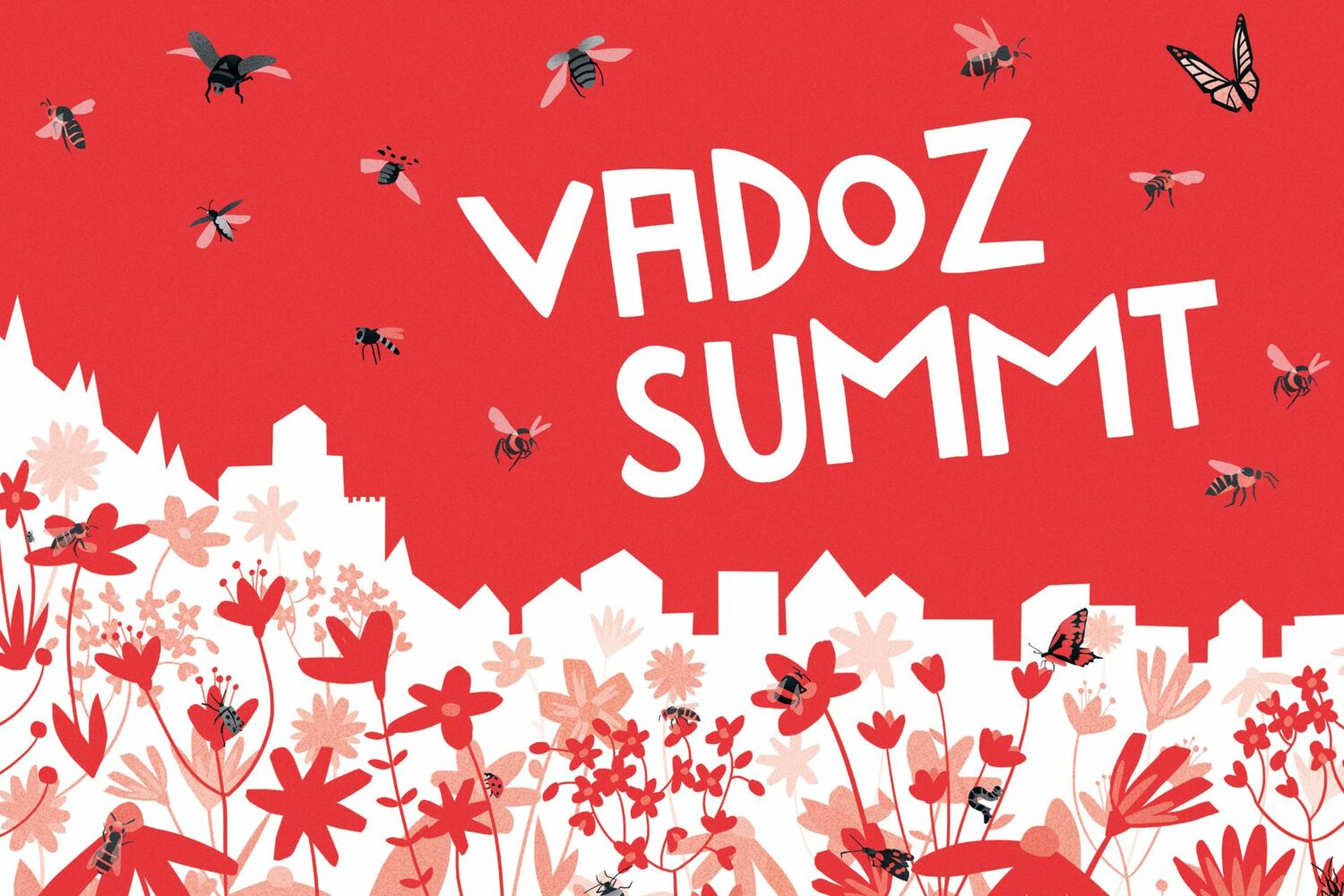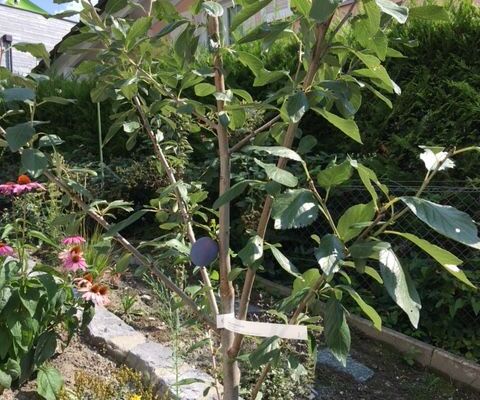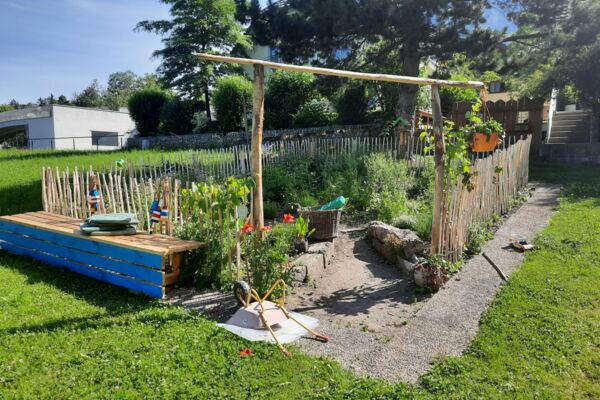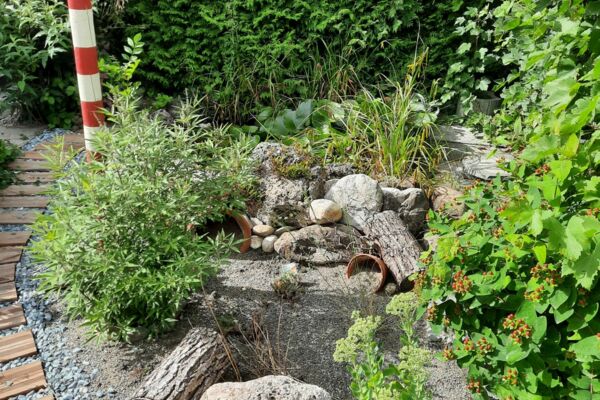Vadoz hums
In February 2020, the municipal council approved the "Vadoz hums" project for the next four years. It aims to promote biodiversity by encouraging species diversity on agricultural land, at forest edges and in private gardens. The municipality is offering residents free advice from experts.
Insect mortality in Liechtenstein
The biodiversity of plants and insects has been declining worldwide for years - including in Liechtenstein. Monocultures and increasing land consumption are reducing the habitat of bees, butterflies and other insects. However, they make an important contribution to our food supply by pollinating wild and cultivated plants and thus securing harvests. The protection and promotion of species diversity and biodiversity are key tasks for the future. With the "Vadoz hums" project, the municipality aims to make a sustainable contribution to this.
Since the launch of "Vadoz hums" in autumn 2020, a total of 45,904 square meters have been converted into natural areas in Vaduz in the first year, i.e. flower meadows, natural gardens and natural field strips. That's the equivalent of 6.5 football pitches. All areas that bring more biodiversity and therefore more insects back to Vaduz. More private individuals need to register for the project so that private gardens also make up an entire football pitch.
Goals of "Vadoz hums"
- Increase the diversity of insect and flowering plant species, as their food source
- Enrich biodiversity on municipal and agricultural land, forest edges, built-up areas and in private gardens
- Raising public awareness through environmental education and public relations work
How it works
- Fill in the registration form: Available at reception or as an online form below.
- The municipality will contact you and arrange two consultation hours.
- If you decide to take part, you will receive a pre-certificate as part of "Vadoz summt".
- You will receive support in the form of four consultation hours.
- Report the progress in your garden by sending photos to the municipality.
- Finally, you will receive a certificate for your help in building up regional biodiversity.
Contact
Project manager Claudia Ospelt-Bosshard will be happy to answer any questions you may have.
+423 782 45 68
